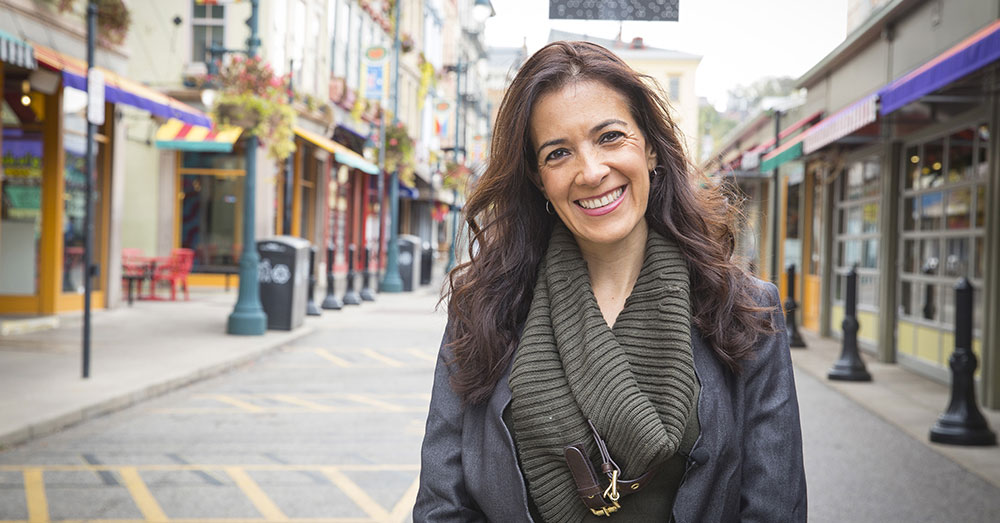A Mexican Doll Shows Kids ‘our Differences are our Strength’
Date: April 19, 2017
In 2014, Leslie Guzman was trying to think of a way to remind her children of their Mexican heritage. As it turned out, one of her neighbors in Cincinnati had created Mensch on a Bench, a toy that teaches children about Jewish culture. Inspiration struck. She decided to create a doll based on the Mexican Lupita, a 15th century peasant who, according to religious lore, was visited by the Virgin Mary.

Fortunately, Guzman knew about marketing and sales. She’d first come to the United States in 2007 to work as a global associate purchases director for Procter & Gamble. Before that, she’d received an MBA. She’d even helped her mother operate a toy distribution company in Mexico when she was a teenager.
So she launched a Kickstarter campaign and raised $21,208 in 2016. By the fall of 2017, the toy should be stocked in both Walmart and Target stores. Guzman, who recently received a prestigious Mom’s Choice award, may have stumbled into entrepreneurship, but her success isn’t unusual for American newcomers.
Our differences are our strength. And that is how it is in America, too.
According to a report by New American Economy, immigrants made up 20.6 percent of all U.S. entrepreneurs in 2014 and were twice as likely as U.S.-born citizens to start their own companies. The same year, immigrants comprised just 4 percent of the population in Ohio but accounted for 7 percent of its entrepreneurs, generating $532 billion in business income.
In 2017 Guzman began the application process to become a U.S. citizen. Citizenship will allow her to seek certification from the U.S. Small Business Administration as a minority-owned and a woman-owned business, and it will give her access to special funding, training, and business opportunities.
So far, Guzman says the citizenship application process has been very smooth. However, she realizes that coming to the United States with a job at Procter & Gamble eased the path. She knows many other immigrants have greater challenges. “My children have adapted to life in the United States easily,” she says. “But it is much harder for undocumented immigrants. They live in isolation and never feel as if they truly belong.” She would like to see immigration policy that is based upon the acceptance and celebration of different cultures.
For Guzman, the Lupita doll represents key Mexican and American values. “Lupita celebrates our differences,” she says. “She teaches us to embrace all cultures and, in doing so, makes us better.” Guzman says that by teaching the universal values of love, education, patience, and kindness, Lupita can show children the importance of the common ground that all cultures embrace. Her business partner is American, and Guzman says it is their differences that make the partnership stronger. “Our differences are our strength. And that is how it is in America, too,” she says.
